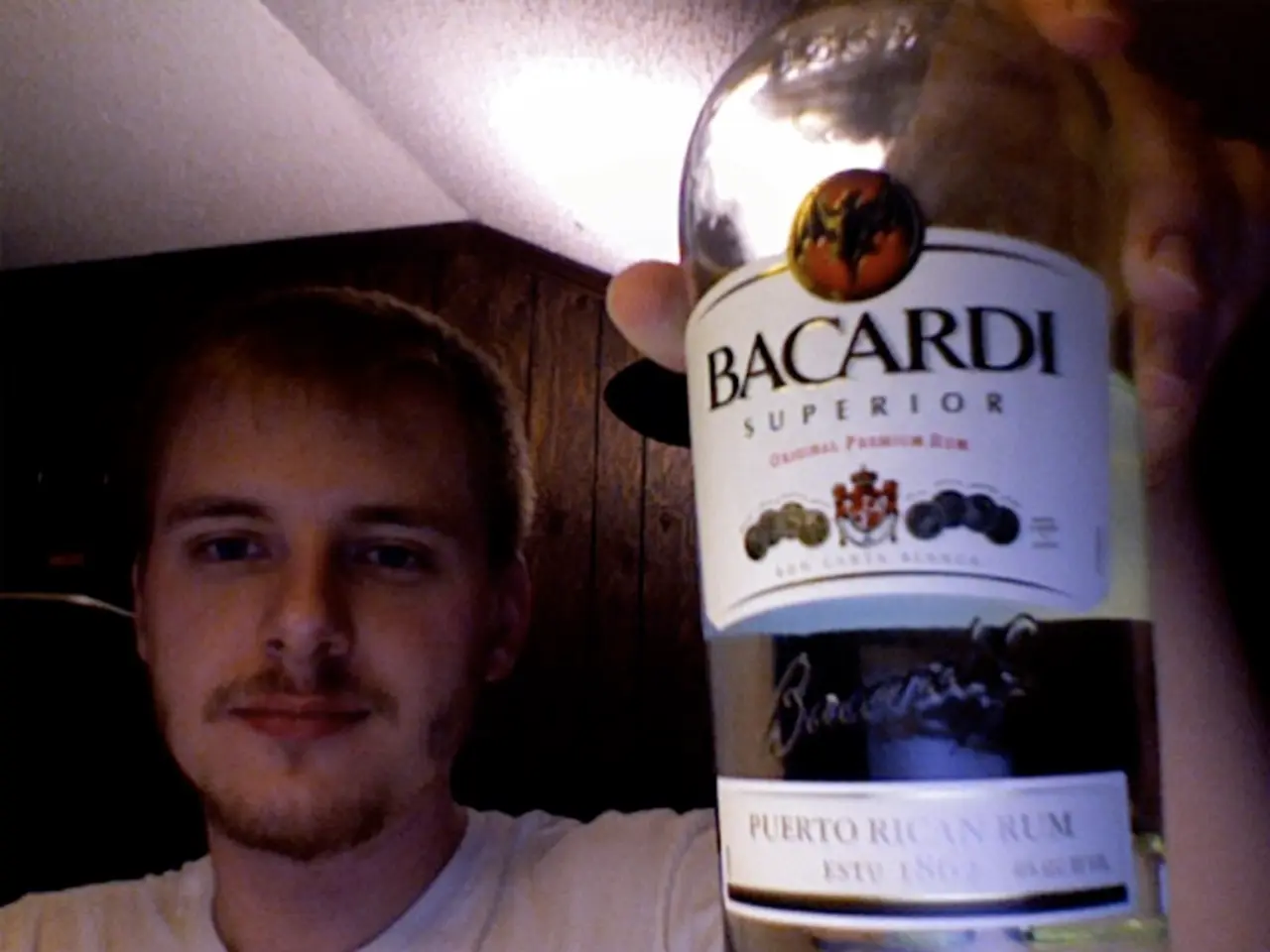Natural Healing of Peptic Ulcers: Studies, Therapies, and Insights
Stomach ulcers, a common gastrointestinal issue, can be managed effectively with a combination of medical treatment and lifestyle changes.
The best treatment options often include a mix of antibiotics (if a Helicobacter pylori infection is present), acid-suppressing medications such as proton pump inhibitors (PPIs) or histamine receptor blockers, and lifestyle modifications like avoiding Non-Steroidal Anti-Inflammatory Drugs (NSAIDs), quitting smoking, limiting alcohol, and managing stress.
Antibiotics are prescribed to eradicate Helicobacter pylori bacteria, a common cause of ulcers. Acid-suppression therapy, including PPIs and histamine blockers, reduces stomach acid, relieving pain and promoting healing. Lifestyle modifications, such as quitting smoking, limiting alcohol, avoiding spicy and fatty foods, eating smaller frequent meals, and managing stress, support healing and reduce the risk of recurrence.
Healing time for stomach ulcers typically ranges from 1 week to 2 months, depending on the ulcer's cause and severity. Most ulcers heal within a few months with proper treatment. Your doctor may perform follow-up tests to confirm healing and adjust treatment if symptoms persist or recur.
Surgery is rarely needed and is usually reserved for ulcers that do not heal with medication or those with complications.
It's essential to follow your doctor's advice regarding your treatment plan. Early discontinuation of antibiotics may lead to some bacteria surviving and developing antibiotic resistance. Most people with peptic ulcers will take PPIs to help them heal, and they should be taken about 30 minutes to 1 hour before eating a meal.
Home remedies and over-the-counter medications can help ease pain or discomfort, but they do not help the ulcer heal and cannot address the underlying cause. If you experience symptoms such as feeling uncomfortably full after eating a meal, abdominal pain or discomfort, feeling full too soon while eating a meal, belching, nausea and vomiting, abdominal bloating, it's advisable to consult a healthcare professional.
In cases where an ulcer recurs, your doctor may recommend additional diagnostic tests or treatments, such as biopsies through upper gastrointestinal endoscopy, checking for and treating H. pylori infection, taking additional medications, quitting smoking, and further diagnostic tests.
Remember, stomach ulcers do not occur as a result of eating certain types of food or stress. If you believe you have a stomach ulcer, it's crucial to seek medical advice to ensure proper diagnosis and treatment. With effective medical treatment and lifestyle changes, stomach ulcers usually heal within several weeks to two months, though exact time depends on individual factors including ulcer cause and adherence to therapy.
[1] Mayo Clinic. (2021). Stomach ulcers. [online] Available at: https://www.mayoclinic.org/diseases-conditions/stomach-ulcer/symptoms-causes/syc-20372920
[2] NHS. (2021). Peptic ulcer. [online] Available at: https://www.nhs.uk/conditions/peptic-ulcer/
[3] Cleveland Clinic. (2021). Peptic Ulcer Disease. [online] Available at: https://my.clevelandclinic.org/health/diseases/16494-peptic-ulcer-disease
[4] Johns Hopkins Medicine. (2021). Peptic ulcer disease. [online] Available at: https://www.hopkinsmedicine.org/health/conditions-and-diseases/peptic-ulcer-disease
[5] American College of Gastroenterology. (2021). Peptic Ulcer Disease. [online] Available at: https://www.acg.org/patients/disease-information/peptic-ulcer-disease








